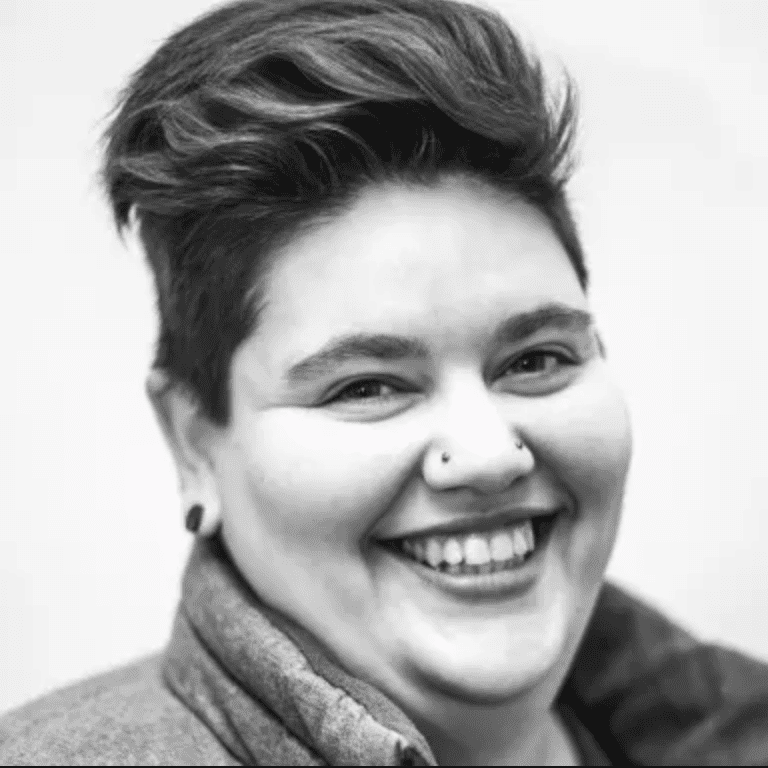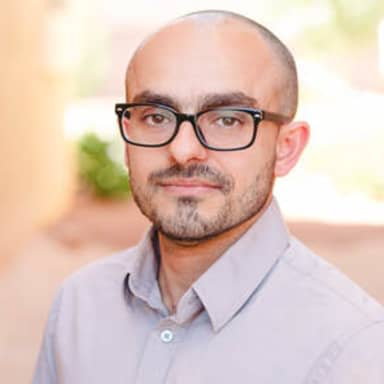How I Learned to Love My Aromantic and Asexual Identities
I don’t experience love.
At least not in the same capacity you do. I’m aromantic asexual (affectionately known as “AroAce”).
Aromanticism and asexuality are both spectrums, meaning all AroAce individuals experience attraction differently, if at all. For me personally, I feel both a lack of and repulsion of sexual attractions towards others. While I do experience romantic feelings, and even consider myself a hopeless romantic, I’ve found I have a preference for LGBTQ+ relationships.
With that being said, I don’t feel a need for a “traditional” romance, filled with kissing, cuddling, and fond words. I don’t like kissing, to be quite frank. It’s messy and I don’t know what to do with my hands.
Understanding Aromanticism and Asexuality
Often times, those outside of the LGBTQ+ community hold the belief that aromanticism and asexuality are unnatural or not real. I’ve received several comments along the lines of “you’ll find the right person one day” for both of the aromantic and asexual identities. For quite a few AroAces out there, they have had what they thought to be “crushes” in the past.
If those folx are anything like myself, it was an urge to grow closer to the “crush” instead of the traditional heteronormative desire to kiss or date that person. If a classmate made me laugh, I wanted to spend more time with them and I always mistook that want for a crush. Along with that, I’ve dated a few people in high school, back then using the label of “bisexual.”
I remember a heterosexual friend of mine’s shock when I told her I hadn’t used the big scary L-word (“love”, if anyone was confused) or kissed my girlfriend of over seven months, saying “that’s a bit slow, do you actually even like her?”. It hurt me to think that my own anxiety and comfort level was too slow or not correct, and I felt in the wrong — perhaps I was moving “too slow” or I wasn’t gay enough.
My girlfriend also expressed a want to kiss and a bit of impatience with my anxiety, too. But kissing just felt like some rite of passage or big stepping stone in a relationship, like some unnecessary step to secure what was already there. I did end things with that girlfriend after a year, having never kissed her.
That past can be used as ammo to invalidate the identity, with something along the lines of “you’ve had crushes and partners in the past, so how can you be AroAce?”. In this heteronormative society, most members of the LGTBQ+ community have had to hide their identities and themselves for their own safety; to them, the “correct” way of life was for young girls to crush on young boys, then grow up to marry one and have a dozen children.
It’s hard enough to go against that narrative and be simply queer or trans. But to add another layer and say one doesn’t experience that romantic love or sexual desire at all? It’s terrifying.
Sure, one day when straight isn’t the normal or expected identity, perhaps it’ll be less scary to experience other feelings. But even then, it can still be scary to be AroAce inside the LGBTQ+ community. There are times we are invalidated there, too. It often comes from a lack of understanding or knowledge, and the community might not even know they invalidate us with certain ideologies.
For example, one time a friend of mine compared my Queer Platonic Relationship (though we don’t like to use labels) to her romantic relationship, saying “technically your relationship is the same as mine, just without the kissing.” That may sound like an innocent statement phrased to relate and gain understanding, but it just invalidates the nature of what we have.
We’ve been defining it as a relationship more intimate than a friendship but less intimate than a traditional relationship. Of course we’re very close, but that doesn’t make it a romantic relationship just because we go on dates.
Learning to Love My Identity
But it’s not all fear and negativity for us AroAces. The freedom and confidence I felt after discovering this identity was staggering. After watching a video by Jaiden Animations about her coming out as aromantic, there was a sense of understanding unlocked within me.
I did feel a bit of regret for spending over 18 years of my life in the mindset of looking for that perfect future spouse who’d teach me how to kiss correctly, hoping that maybe then I would like it and wouldn’t be AroAce, after all. But the terms of aromanticism and asexuality were not in my vocabulary growing up, so I didn’t even understand that people were allowed to not feel that romantic attraction, much less that there were people who actually didn’t feel that, like me.
Now, I’m living my truth, learning how to deal with the internalized insecurities about my identities and accept myself. I’m happy where I am. I’m gaining back my confidence after being in the closet as a cisallohet girl for over 16 years, experimenting with my AroAce nonbinary identity in a supportive community.
For those out there questioning your identity, I send my support, along with a plea for you to stay safe. It can be hard coming out, and if a family or community or school is not supportive, it can be a threat to your safety. Put your safety first and know that you are you. Nothing anyone else says against you can change that. Find a support system of a found family, friends, a therapist, or even your own family. Know that you’re not alone.
For other members of the LGBTQ+ community, or cisgender heterosexuals who want to be an ally to LGBTQ+ students, take my limited experience and think on it. Take the time to educate yourselves before speaking on others’ identities.
It should go without saying, but treat others with respect — even and especially if you don’t agree with their identities or ideologies. Their identities and ideologies do not affect your life, but hurtful words can affect someone, no matter how “thick-skinned” one may be. Be kind and understanding.
In the words of Daniel Howell, “you will get through this night”.

Meet the Author

Devin Anders Muellenbach (they/them) is a sophomore at the University of Wisconsin-Eau Claire majoring in creative writing with a Chinese language certificate. They hope to graduate in spring 2025. Their dream job is to be a fiction author and singer. Devin loves writing novels and creating characters and different worlds. Their author inspirations are Alice Oseman, Casey McQuiston, and Venessa Kelley. Their music inspirations are BTS and Thomas Sanders.
Explore More College Resources

College Experience Guide for LGBTQ+ Students
Explore common experiences and challenges of LGBTQ+ college students and learn how you can ensure your campus supports and affirms LGBTQ+ students.

by R.B. Brooks
Updated June 12, 2023

The Importance of Queer Studies
Learn about the history and interdisciplinary field of queer studies and why it is important for exploring gender, sexuality, and identity.

by R.B. Brooks
Updated January 25, 2022

